On February 2nd,2021, an International workshop on biofuel standards was held in Beijing jointly by Chinese Renewable Energy Industries Association (CREIA), United States Trade and Development Agency (USTDA), ECP, American National Standard Institute(ANSI), Meishan California Smart City Institute (MCSCI) and Energy Innovation Network (EIN).The workshop has adopted the combination of online and offline forms, andshared to the online guests and audiences through live broadcast. More than 100 online and offline representatives from the International Energy Agency, the U.S. Embassy in China, standards agencies, industry associations, academic institutions and enterprises have attended the workshop.
The workshop has invited Ms. Li Dan, Executive Secretary-General of Chinese Renewable Energy Industries Association; Mr. Xu Fang, Chief Representative of American National Standard Institute in China; Ms. Alissa Lee, National Manager of U.S. Trade and Development Agency; and Mark Thurber, Co-chair of board of directors of US-China Energy Cooperation program; Mr. Jeffrey Zhang from Meishan California Smart City Institute. They have delivered speeches to express their expectationand affirmation for this workshop.
The workshop has invited 10 well-known experts on biofuels and standards,and they have delivered speeches on the standards, policies, technologies, prospects, sustainable development,the role in addressing climate change and the challenges faced by the biofuel industry.
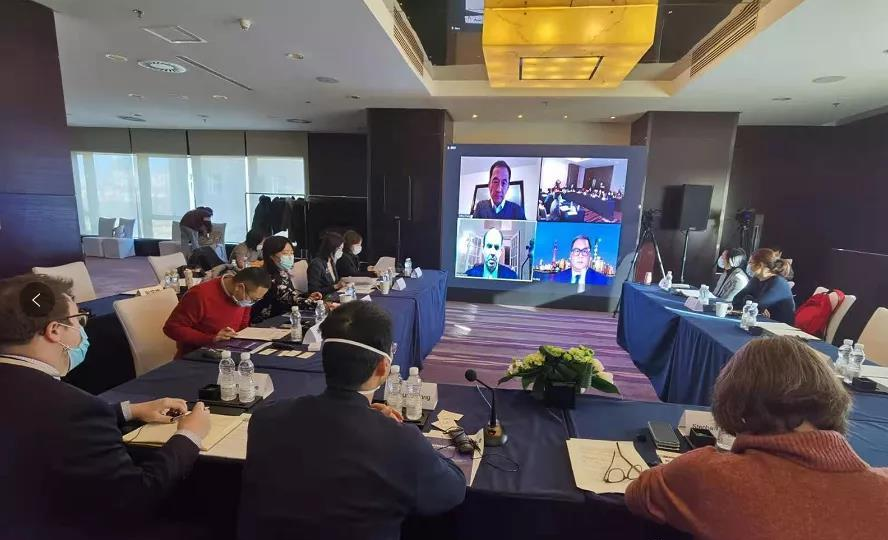
Stephen Kaffka, Director of California Biomass Collaborative and extension specialist in the Department of Plant Sciences at the University of California, Davis has considered that raw material quality, quantity, and price are very important to biological energy development and utilization. In California, diversified products need to be developed according to different biomass raw materials, and more policies are needed to support the development of biomass energy.
Li Dingjie, Deputy Director of China Petroleum and Chemical Industry Association has pointed out that by 2020, China's fuel ethanol production capacity will reach 6 million tons. China is the third largest fuel ethanol consumer in the world, and the ethanol gasoline has accounted for about a quarter in total gasoline. In China, the production capacity of biodiesel is about 2.5 million tons, and there are about 30 production enterprises. The production of biological aviation coal is still in its infancy.
Ms. Alyson Fick, Manager of International Technical Committee D02 has introduced that ASTM has developed a number of standards in the field of bio energy, including biological aviation coal standard D1655-17, D1655-17a, etc., and also emphasized how to ensure the quality of the standards.
Mark AUGUSTYNIEWICZ, Principle Strategist Environmental Sustainability, Boeing has introduced that Boeing will reduce greenhouse gas emissions in the aviation field from fleet replacement, route efficiency improvement, adoption of renewable energy, research and development of new generation aircraft technology.

Professor Liu Dehua, Department of Chemical Engineering, Tsinghua University, has introduced the constraints of cellulosic ethanol in substrate structure, cellulase, strain cultivation, process control, system integration and other aspects. His research team is carrying out relevant research and has achieved preliminary results.
Mr. Kam Mahdi, CEO of Clean Energy Technology Inc, has introduced the principles, characteristics and specific cases of biomass gasification, and summarized the advantages of the technology,such as diversified raw materials, diversified products, high added value and high efficiency. He also has shared some cooperation and development plans of CETY in China.
Chang Shiyan, Associate researcher of Low Carbon Energy Laboratory, Tsinghua University, has introduced the principle and development potential of biomass energy combined with carbon capture and storage technology(BECCS). She also presented the case of Illinois in the United States and the suggestion of BECCS development in China. At the same time, she has pointed out that the sustainable certification of biofuels should be strengthened.
Ms. Praveen Bains, Clean Energy Modeller, Energy Technology and Policy division, International Energy Agency has argued that when the world reaches carbon neutrality in 2070, the contribution of bio energy will be 12%. About one third of these contributions will be realizedthrough biofuels, and the future application fields of biofuels includes aviation, navigation, heavy trucks, buses, passenger cars, etc. However, the cost of biofuels is still high, and policy support is needed to reduce the cost.
Yuri Freedman, Senior Director of Business Development Southern California Gas Company, has pointed out that, driven by LCFs and RFs, renewable natural gas has developed rapidly in California, and the renewable natural gas generated by several projects in California havebeen incorporated into the natural gas pipeline network.
Dr. Xu Bingsheng, Director of Ecological Civilization Construction Research Office, Resources and environment branch of China National Institute of Standardization has introduced the formulation of standards in the field of biomass energy in China, the relevant situation of China's participation in international standards, and the key work in 2021. He has also stressed the need of strengthening the promotion and application of standards and giving full play to the role of standards.
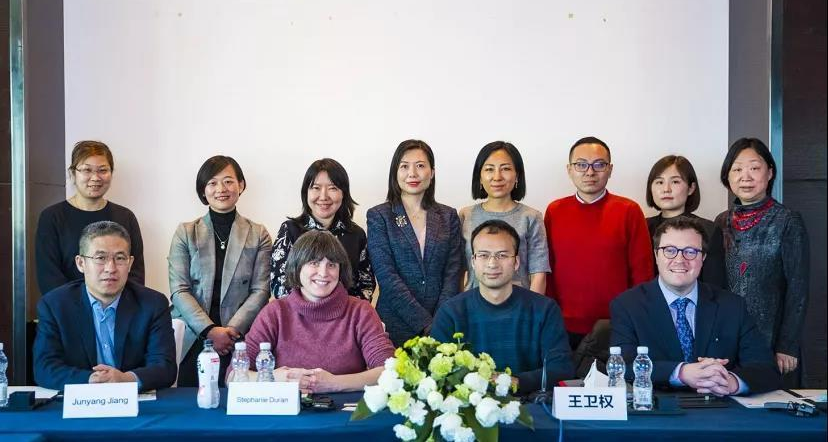
Apart from the wonderful reports, the experts also have made responses and supplementary speeches to the questions raised by the participants in the discussion session.
This workshop is the cooperation of several organizers for the first time about biofuel standard. Biofuel has a promising future as an important direction for the development and utilization of renewable energy. We hope that this seminar can establish a good foundation for further cooperation. In the future, we want to cooperate with partners about standards, technology and commercial projects, in order to make clean biofuels more widely used, more economical and more efficient.



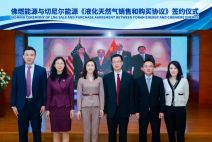

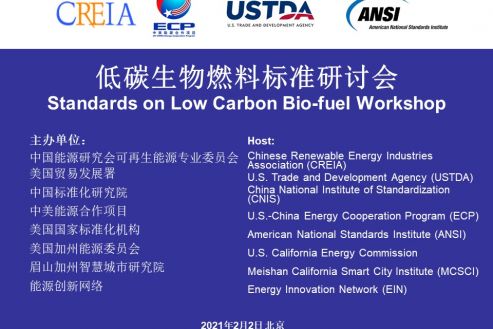
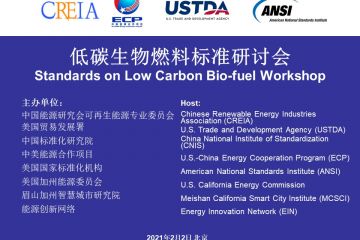


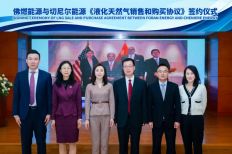

 京公网安备 11010502036951号
京公网安备 11010502036951号